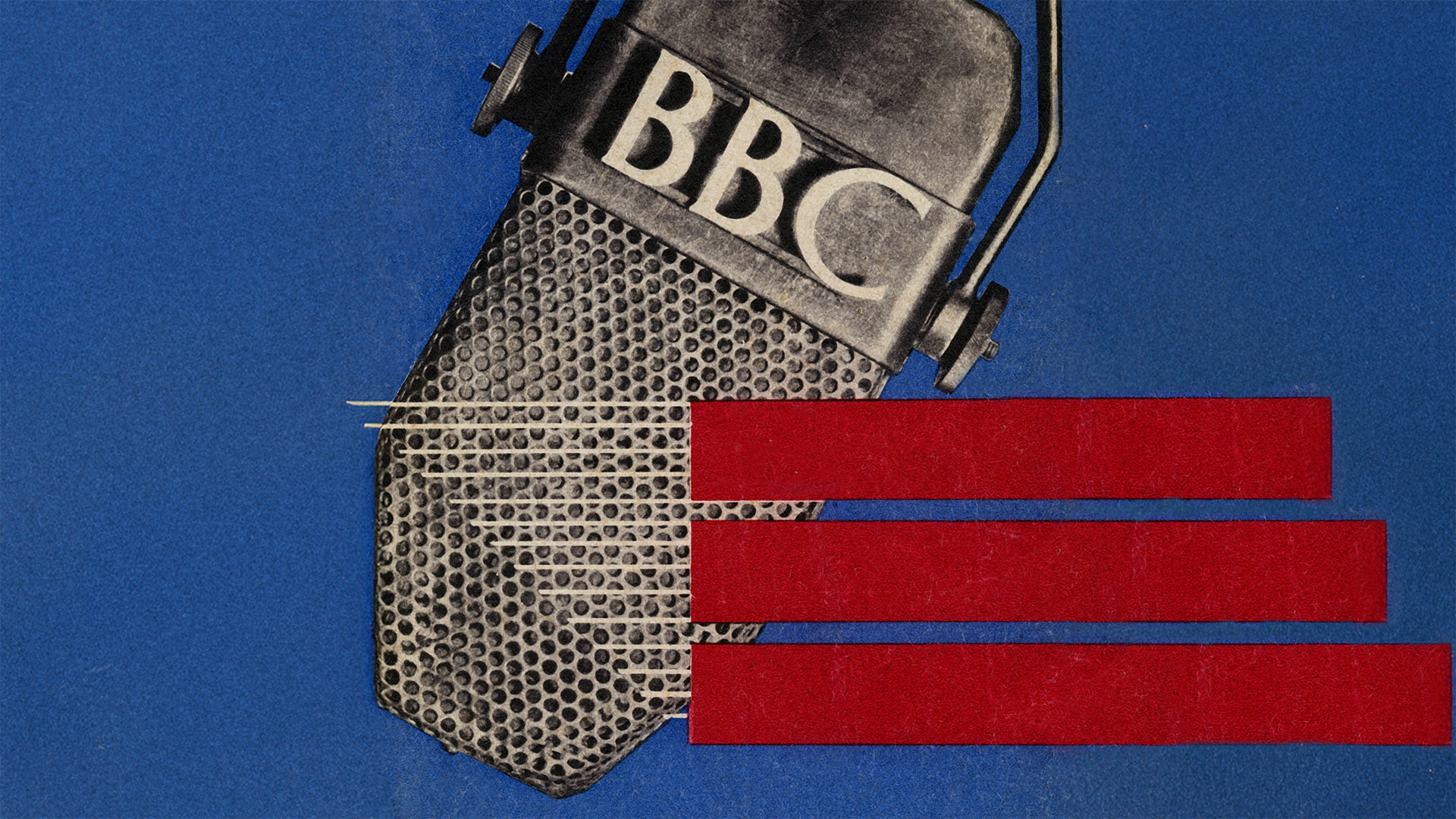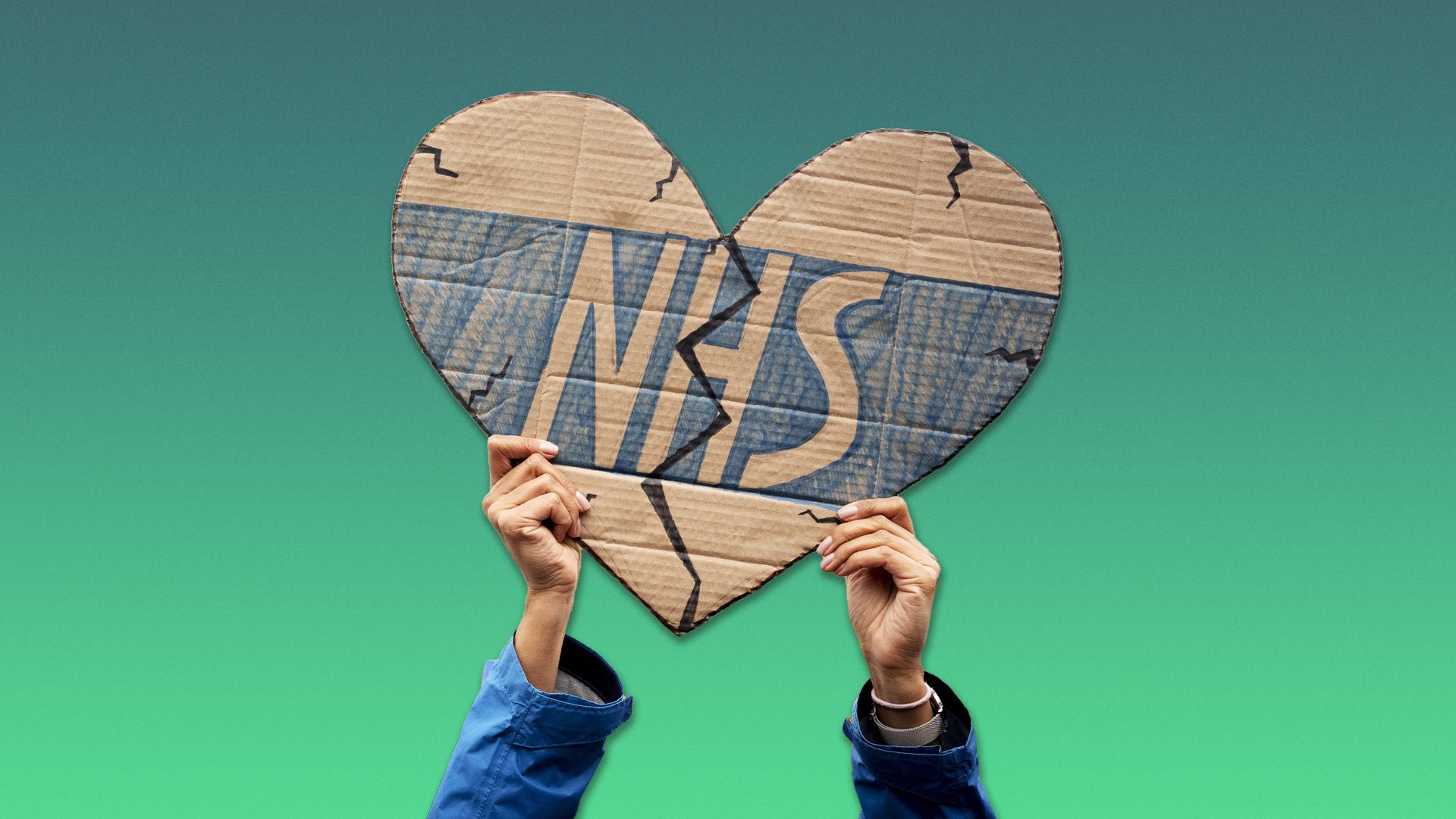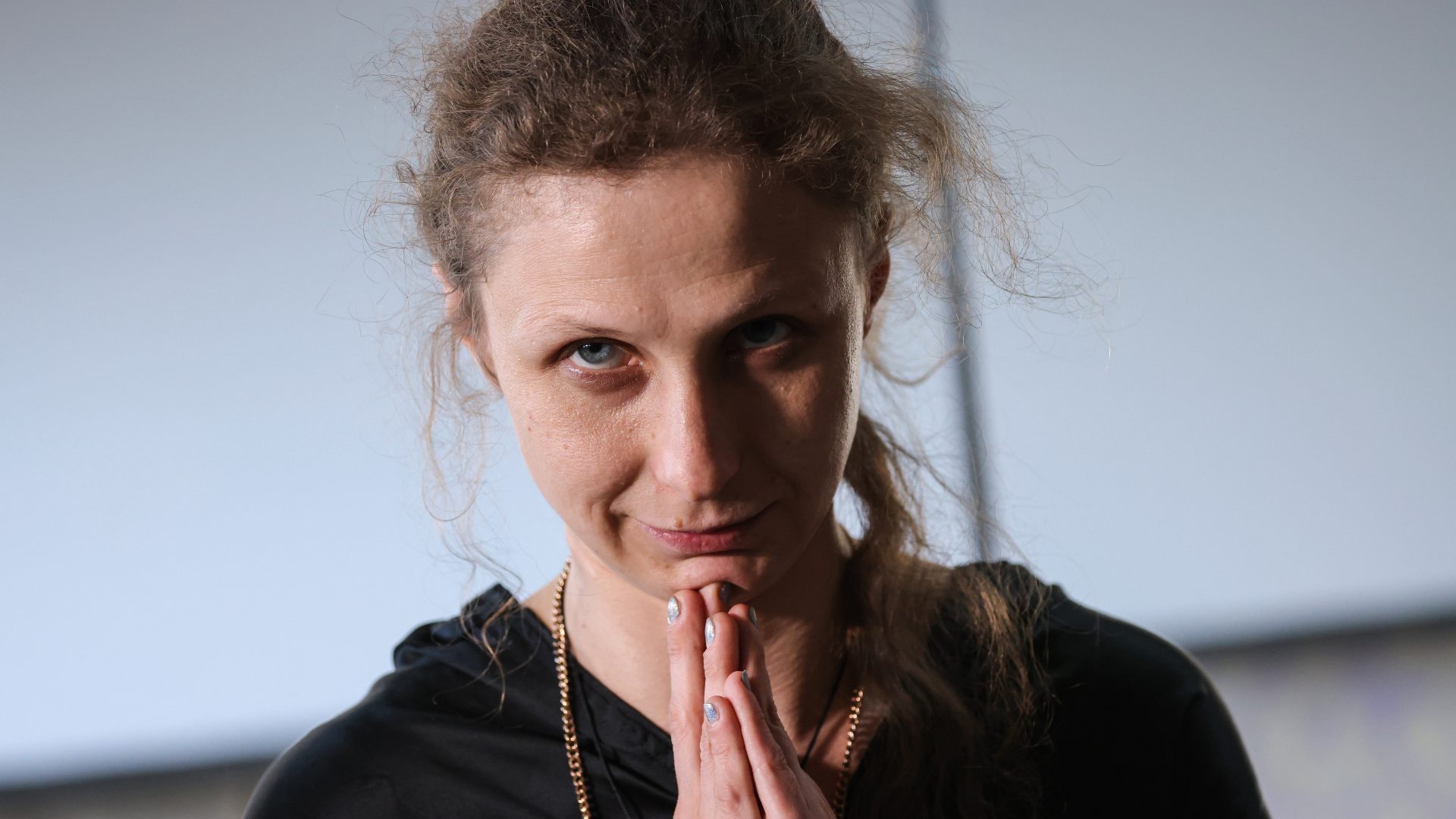The past few days have been very dangerous for the BBC, and accountability for a Panorama edit has come at a high price. The corporation’s two top executives have resigned, and the global standard bearer for quality journalism has been lectured not just by its predictable enemies, but also by some of its closest friends and biggest supporters about manipulating facts and censoring information.
With the clamour at fever pitch, it is tempting to listen to those voices that argue the game is over for a BBC of this size and scope. But perversely, despite all of this, I believe that the need for an ambitious and substantial BBC has never been greater.
For a start, those resignations prove that it really is accountable, even at the highest level. That, surely, is beyond doubt. That accountability is, in truth, one of the BBC’s most important defence mechanisms.
But what is it defending? And is that worth preserving?
At the heart of the contract that the BBC is offering the people of the UK is an institution that is paid for by everyone, is meant for everyone and should unite the people of the UK. And a large part of doing that has long been based on offering accurate and impartial news to reflect and enrich the lives of all our citizens. If it falls short in editorial standards, that undermines the ability to be there, fairly, for everyone.
Stand back from the events of the last two weeks and look at a bigger picture. In the extraordinary age we are living through, tech change is contributing to deeply consequential shifts in society. The question we should be asking ourselves is this. Do these forces of change make the BBC – with this mission to be there for everyone – a less or a more relevant institution?
This BBC crisis will eventually slip from the headlines, and when it does, we will still be in a country of increasing division and tension. There were riots in the summer of 2024, and for months, police forces across the UK have been saying the level of protest is stretching their resources.
Our apparently fragmenting society is mirrored in a fragmenting media environment. Most of our news is now delivered through digital platforms, and much has been written about the way this fragmentation gives communities different sets of facts about the world around them. Society and technology both seem to be pulling away from any cohesion.
But this experience is about to get much more fractured, scattering into millions of tiny pieces. You can disagree about specifics, but the direction of travel is clear. There is a credible vision of what the near future will look like.
Agentic AI looks set to be for each of us a single place, on our phone, in which we can make sense of a limitless amount of information.
This has two massive implications. Firstly, it would deliver to us news summaries stripped of the names of individual news organisations. You would not know where that news has come from and so the likely accuracy of its source.
Secondly, the more we use it, the more it would get to know us as individuals. The more it gets to know us, the more it will deliver only the news it thinks that we want to hear. That news would be individual, probably containing different and possibly contradictory sets of facts, for each one of us.
In many ways, it is hard to see how the BBC belongs in this world. An organisation paid for by a universal licence fee, with its high-minded mission of seeking to “inform, educate and entertain” the nation.
There are plenty who regard it as an elitist creature from a bygone age, and think it should either be scrapped altogether or driven into areas of so-called market failure – children’s programmes, religion and arts.
Yet, stand back and think about that vision of our new world of fragmenting media and social cohesion. It is a vision where the places to have common conversations, rooted in a shared set of facts, are rarer.
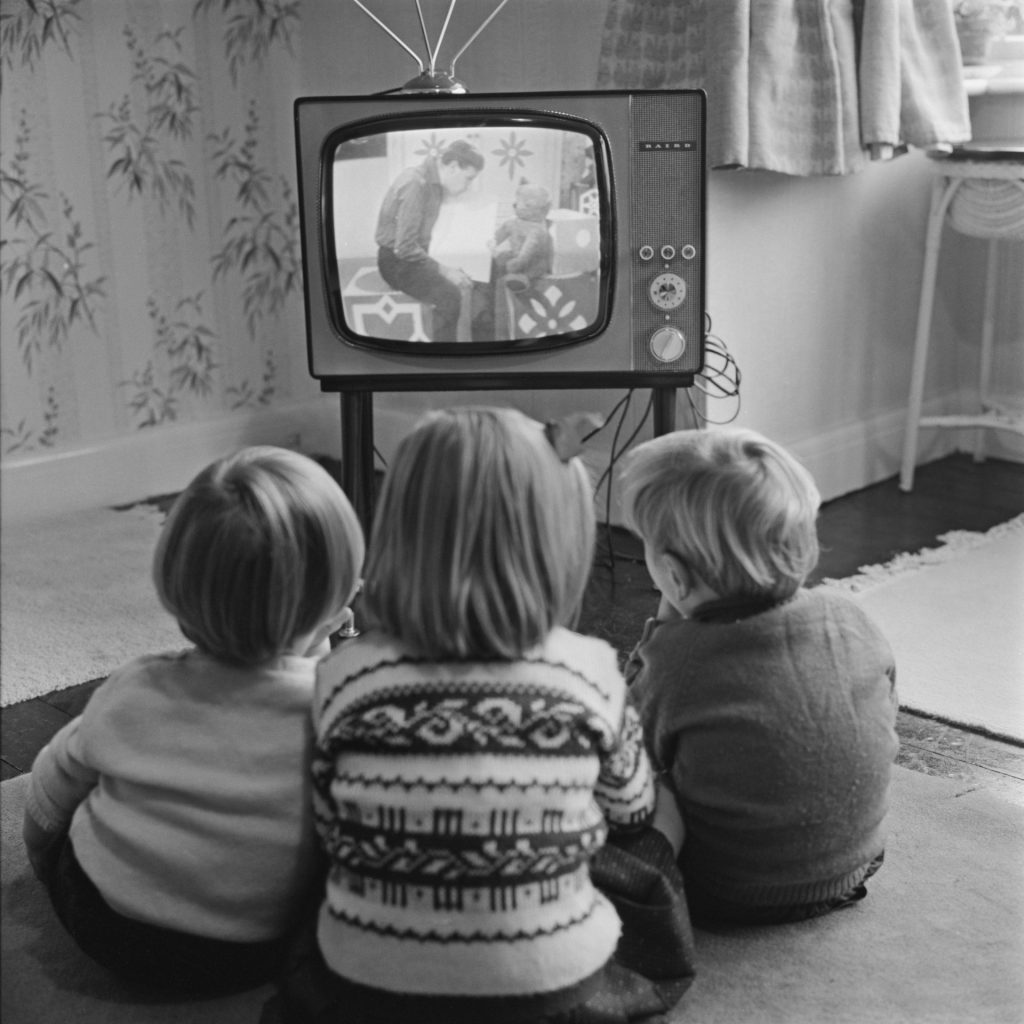
We can all disagree on our opinions, what to do with those facts, but we need to agree what we are disagreeing about. From paying taxes to making sacrifices for our country, it is hard to make difficult and even painful decisions if you can’t agree on facts that lay out why there is no easy answer and that a difficult choice might need to be made.
Today, we have fewer places to have these common conversations. In real life, they happen at pubs and libraries and places of worship – all institutions that are for the most part struggling to stay open and stay relevant. They can happen around some of our UK-wide institutions – the NHS, the royal family, the British Army and of course the BBC.
Yet today, each of these has to fight to maintain trust. But experiences and institutions that unify our nation are more precious and needed now more than ever.
Against the toughest of backdrops, the BBC is starting the process of trying to win a renewal of its royal charter, and so setting the size of the licence fee it needs to keep it going. A green paper is expected before Christmas.
Can this century-old institution credibly claim to be relevant as our country and media environment are changing so fast? I think so – by focusing with laser-like intensity on the role it needs to play in our society in this age of fragmentation.
I have to declare an interest. I used to work for the BBC; however, I now work across several commercial and non-profit organisations. This has, I hope, enabled me to take a wider view.
First, the fact remains that this organisation still has the infrastructure and capacity to bring the country together. Who did we turn to during Covid? If you scrap it, that capacity will be lost forever and can never be replaced. This is one thing the BBC does that is of huge value to the nation.
So in my view, the BBC needs to double down on bringing the country together. At the heart of that must continue to be a well-funded and world-class news service. This is essential. It can make sure everyone has a common set of facts about what is happening locally, nationally and internationally.
But it is not just about news, despite the events of recent weeks. Otherwise, you could argue that the licence fee could be slashed from its current level of £3.8 billion, bung it all to News and be done with it. To justify a licence fee at current levels or above, the BBC has to ensure the vast majority of people choose to watch it every week and the reality is that lots of people won’t choose to watch the news first.

The BBC has to deliver to licence fee payers programmes that get them excited and which unite the nation in other ways.
In an age of fragmenting markets and inevitable falling viewership, the temptation might be to grab a bigger share of a shrinking market – this often means appealing to older viewers who spend less time on their phones.
The truth is that the BBC is at its best when, in the words of a former controller of BBC2 Jane Root, it is “at the leading edge of the mainstream”. What that means is making TV that audiences did not know they wanted, but which tap into and reflect something deep in our society that is truly current and at the cutting edge of our culture.
In this week’s debate about the BBC, let’s not forget the story of women’s football. Millions tuned in to watch the Lionesses beat Spain this summer. But the audience was there in big numbers in large part because years ago the BBC decided women’s football could one day grow a massive, mainstream audience.
It tapped deeply into profound, unifying aspects of our culture – the increasing empowerment of women, a kinder, less aggressive form of patriotism – and so decided to back it. At first, the audiences were tiny and there was a certain amount of ridicule.
But this summer the nation was united, St George flags were flown, people of all ages – and genders – came together. The Lionesses weren’t “just for women”. They were for us all.
In September, the BBC achieved a similar breakthrough with the women’s Rugby World Cup, where the Red Roses won in front of record TV audiences. A few years ago, no one was watching. The BBC helped create these massive national events when no commercial broadcasters realised their potential.
Above all, women’s football and rugby were not areas of market failure. They weren’t about grabbing a bigger share of a shrinking, ageing audience. They were about creating and building a massive and entirely new, nationwide audience that no one had realised was out there. The BBC showed that those sports had huge viewership potential – just the market didn’t realise it.
That is what “the leading edge of the mainstream” is. It is about spotting trends before the commercial giants do. It is about looking ahead, anticipating where our culture is going.
Suggested Reading
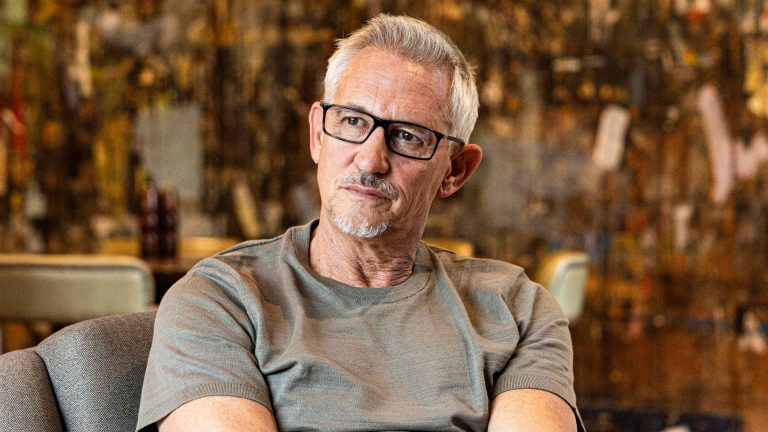

Gary Lineker: ‘I’m not antisemitic. I’m anti the killing of children’
Backing both those sports took courage and a belief that they were worth developing, even from the smallest beginnings. The same “leading edge of the mainstream” applies to series like The Great British Bake-Off, which began quietly on BBC2 before becoming a show so desired that it moved over first to prime time BBC1 and then was poached at huge expense by Channel 4. It’s now watched around the world, a cultural export that defines how we are seen.
Again, it tapped into something that we didn’t know we wanted. In fact, we all love baking – it is a true family activity – and there was a gentle Britishness about the show that united us all, across class, race, age and gender.
In both cases, the BBC had to build an audience from small starts. That is only possible for an organisation that can afford to take risks and isn’t solely driven by commercial priorities – and accept that risks often fail.
In this vision, the BBC needs a reasonably generous settlement. If reaching everyone with a common set of facts and creating unifying cultural experiences is your aim, you need to make sure the BBC has the budgets to create news and shows of scale and ambition – and that it can afford to take risks. That does not come cheap. Halving the licence fee doesn’t deliver you half as much national cohesion – it delivers you very much less.
So in my view, the BBC might stress two key offerings. First, world-class news and the kind of innovative cultural commissioning that can bring the nation together. Those are ways it can unite the nation in our current fragmented age and create a truly national conversation based on a shared understanding of facts and experiences.
Second, how could the BBC play a bigger and more creative role in partnering with other organisations in the UK that also deliver evidence-based news? This is because the vision of agentic AI doesn’t just threaten shared experience. It might also threaten the very livelihoods of some news organisations by shattering their business models.
The truth is that quality news is finding it hard to pay its way in the modern world, and so there is a profound market failure in gathering news from scratch and verifying it. You can make money once the news has been gathered, and you can use it, as podcasters and AI companies show.
The BBC, of course, has the licence fee to make sure it can continue to supply facts, but it is made better by having proper competition. Having lots of sources of news and facts is part of the glory of the UK news environment. The BBC can work with other news organisations at this time when market forces are going in a different direction.
What might that mean? In local news, BBC-funded local democracy reporters already share their reports on courts and other important local stories with local news organisations. As market failure grows, are there other areas where the BBC can work with evidence-based organisations, sharing the fixed costs of newsgathering, where the marginal costs of doing so are low?
The BBC offers, at this size, a lot to the whole UK. Common conversations that keep the UK together. A supportive underpinning for the entire news industry. Cultural events that bring us together and help us understand the fabric of our nation as it really is, not as it once might have been.
And of course, it is one of a handful of big UK brands known to billions worldwide. If lost, it would be impossible to build it again. Now is the time to hold the BBC to account and make sure it does the job we need it to do, not belittle it.
Jessica Cecil was chief of staff to four BBC directors-general and set up the Trusted News Initiative, a global alliance of tech companies and news organisations to combat fake news

